The promise of Artificial Intelligence, or AI, has been around for a long time. I remember taking a course on it back in the 1980s. Yet that promise seems to have been long-winded, with practical uses only being deployed recently.
It is true that many of the benefits of AI will be confined to large businesses. In many cases, the datasets need to be large or the development costs of custom AI engines will just be out of reach of most small businesses. However, there will be many AI implementations that will help the small business sector to become more efficient and productive. Those that don’t, will eventually suffer a significant cost or service disadvantage.
Here are a few AI applications that are already available or will be right around the corner.
Personal Assistant: Currently, Apple devices have Siri, Android has Google Assistant, Amazon has Alexa and Windows has Cortana. While all of these have specific uses, as true overall assistants they are still more of a novelty than a workhorse. But that will change over time. Increasingly, they will become full-fledged dependable assistants that never forget an appointment, let something slip between the cracks, or give you inaccurate information. Moreover, they will begin to be integrated with business applications to set group meetings, distribute info to only those who need it, dictate and send communications, and a thousand other small tasks that add up to considerable time savings.
Accounting: Currently, to get financial analyses business owners have reports created and then review them for the data. Often the reports will have to be redone or ran again to get the specific data you need. But imagine just speaking to your accounting system asking, “Which 5 of our cost-of-goods increased most over last quarter?”, or “What products had the best margins since we changed suppliers?”, and poof, that data instantly appears on your screen. QuickBooks is already starting to integrate AI features into some of their products. Just like a Personal Assistant, there won’t be a launch event when this feature is released, but it will evolve over time.
Legal: Imagine having instant access to all your contracts, and then being able to ask questions about any one or all of them. Even a small business can have hundreds, if not thousands of legal contracts (especially if you also consider click-through agreements). No one person, including even an in-house council (should be large enough to have one) will have instant retention of all those documents. But an AI system will, and it will be able to instantly scan for any specific terms or dates you need; no need to wait to have the documents reviewed.
Customer Service: There are already ample implementations of these “chatbot” type applications that will attempt to take care of routine customer service needs. Billing, payments, shipping/receiving – all these things can typically be handled with a good AI implementation, leaving the human staff to take care of complex issues. These are becoming available for small businesses too.
Competitive Analysis: Want a way to scan all your competitor’s websites and social media for changes in product offerings or pricing? AI can do that for you; giving you data on changes in an individual competitor’s products, or overall changes in industry trends.
You get the idea. Others include HR and lead generation. For small businesses, almost all of these are offered using Software as a Service (SaaS) models, so there is typically not a large upfront cost. As the vendors make improvements, they will get more and more powerful over time. The real intelligence here is when each small business owner decides to start leveraging these AI technologies and how deeply to deploy them over time as their capabilities increase. As of now, there is no AI tool that will tell a small business owner how to do that.
Robert Hood
CEO & Founder
SpotLink

